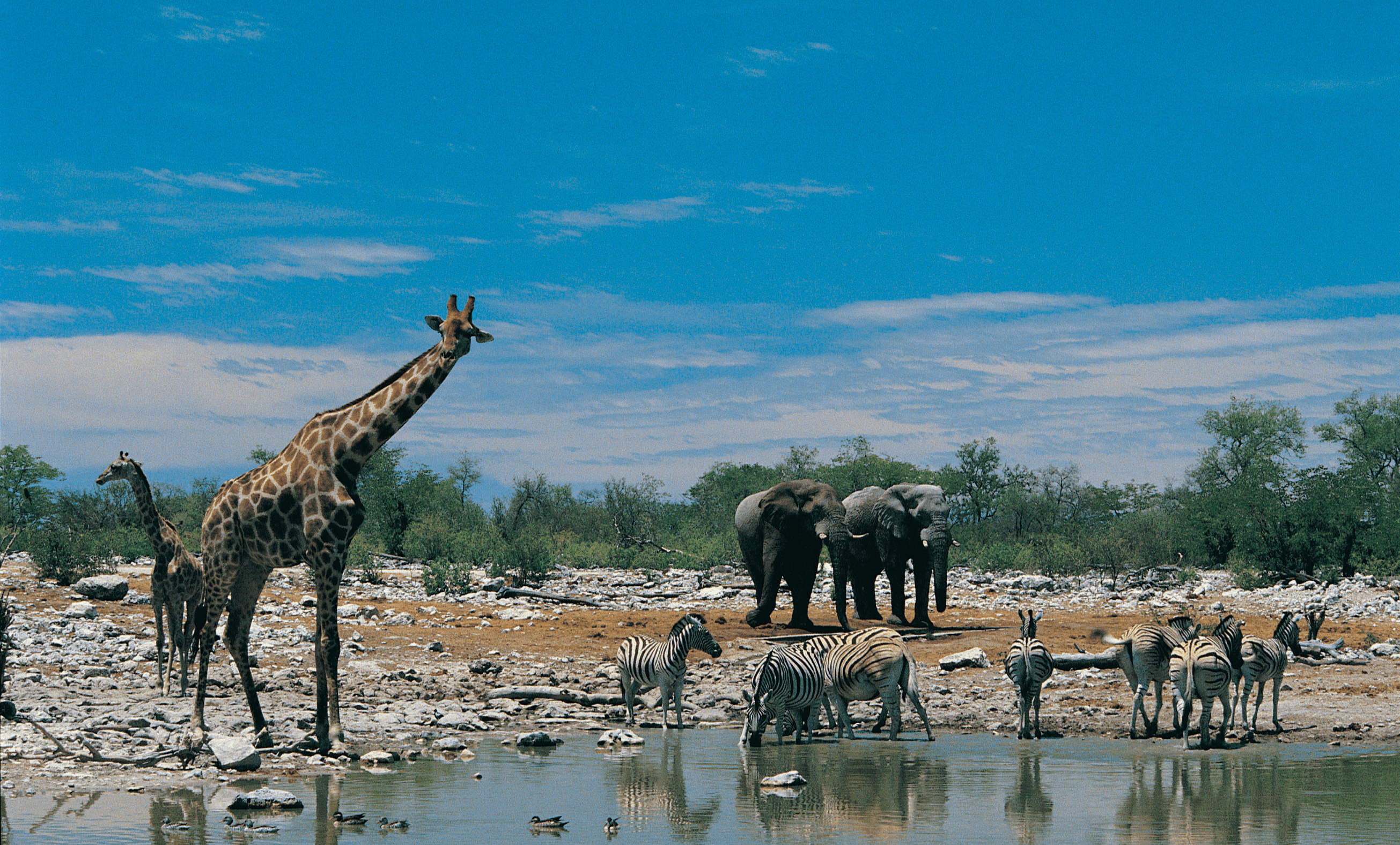Biodiversity, or biological diversity, is the wealth of species (animals, plants, and microorganisms) that exist on our planet and their variations. This diversity can include variations occurring in a particular species from a specific region, community, habitats, or ecosystems formed by them. Unfortunately, due mainly to human activity, this biodiversity is increasingly threatened.
The term "biodiversity", used for the first time in 1985 by Walter G. Rosen, was defined in 1992, in the Convention on Biological Diversity, as "the variability among living organisms from all sources, including, among others, those from terrestrial, marine, and other aquatic ecosystems, and the ecological complexes of which they are part - which includes diversity within species, between species, and of ecosystems."
Biodiversity exists everywhere on the planet, being greater in some regions than in others. However, this does not mean that its importance is less, since each species has its role in nature and is fundamental for the balance of the ecosystem. Biodiversity is extremely vast and essential for the balance of the environment and human life, but we are also responsible for its destruction.
Every living being, even the smallest organisms, is important for the balance of our planet, establishing ecological relationships that result in the harmonious development of life. Just as an orchestra needs all the instruments to create musical harmony, all forms of life play their role in the balance of ecosystems. If one instrument stops playing, the music loses harmony, just as the reduction of diversity in a given place can threaten the balance of that ecosystem.
By losing this balance, we not only affect those species but also our health, since treatments and preventions for various diseases were only achieved after intensive studies of biology and biodiversity. The protection of ecosystems is one of the greatest allies of biodiversity, since, by changing our mindset and aiming to help the environment with small actions and practices, we are also combating species extinction.
In Portugal, there are more than 35 thousand species, but it is impossible to establish a global number in the world, as it is always increasing with the discovery of new species and decreasing due to extinction.
Currently, our planet suffers from the great loss of biodiversity and, despite knowing its importance, humans continue to be responsible for such destruction. Among the greatest threats to biological diversity are: pollution, which triggers the death of various species and the loss of their habitats; the introduction of exotic species into new ecosystems, which end up multiplying and competing with native species, harming their development; deforestation, which in turn destroys habitats and stimulates the excessive exploitation of natural resources; and finally, climate change, which also affects living beings and ecosystems.
Having said that, we can understand that Man was responsible for putting biodiversity in danger, so we also have the duty to save it. Thus, through small and efficient actions, such as saving water, preferring sustainable products, avoiding food waste, promoting responsible consumption, making donations to this cause, and separating waste, we can make a difference.
As mentioned, biological diversity is fundamental in various aspects, as it has ecological, genetic, social, economic, scientific, educational, cultural, recreational, and aesthetic values. It is also essential for the proper functioning and balance of all the planet's ecosystems; all living beings participate in the food chain, and many species need others to survive, so the removal of one organism can trigger ecological imbalance.
Furthermore, biodiversity also plays an important role for humans, as we use it as a source of food, energy, as raw material for the construction of various objects, and we exploit it as a source of leisure and tourism.
In short, protecting biodiversity and all forms of life on planet Earth is a mission for all of us. Becoming aware of its threats and its importance is essential to better understand how to help and intervene, since its future is in our hands.



Share this article:
Practical guide to the 3Rs: what they are and how to apply them?
X: the controversial end of Twitter